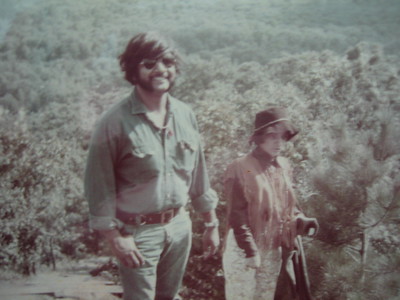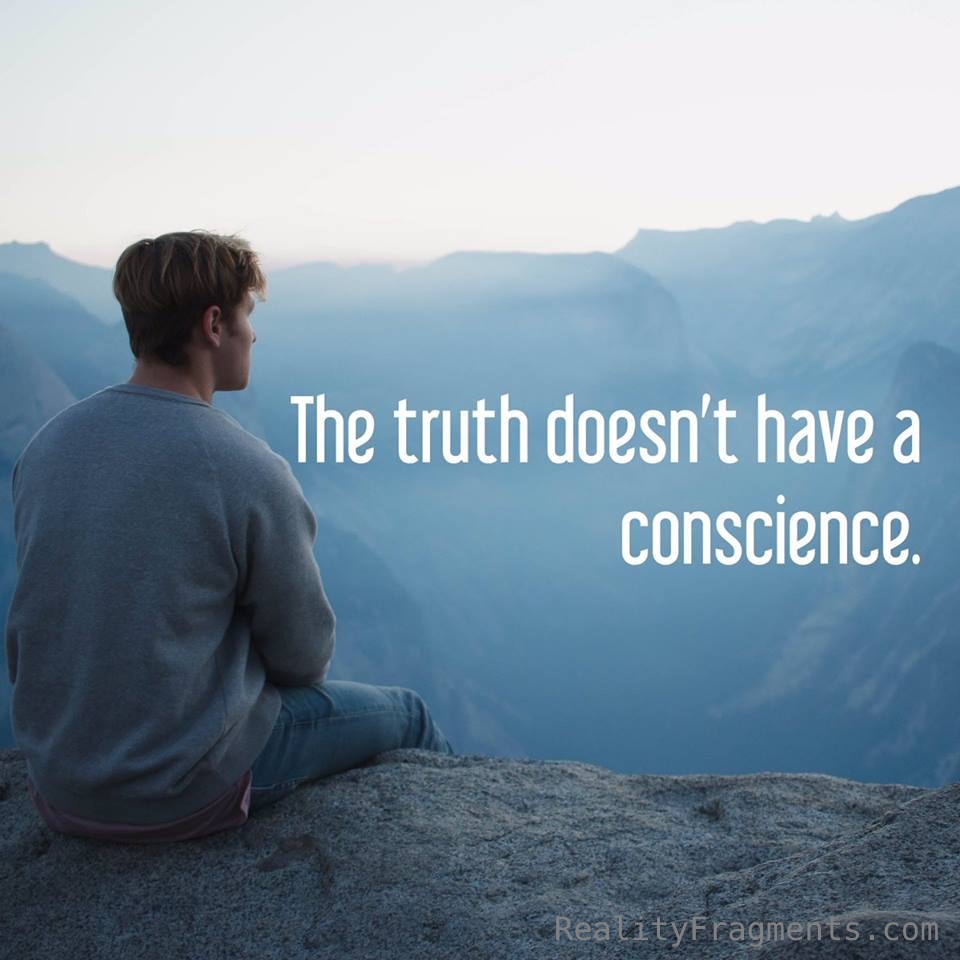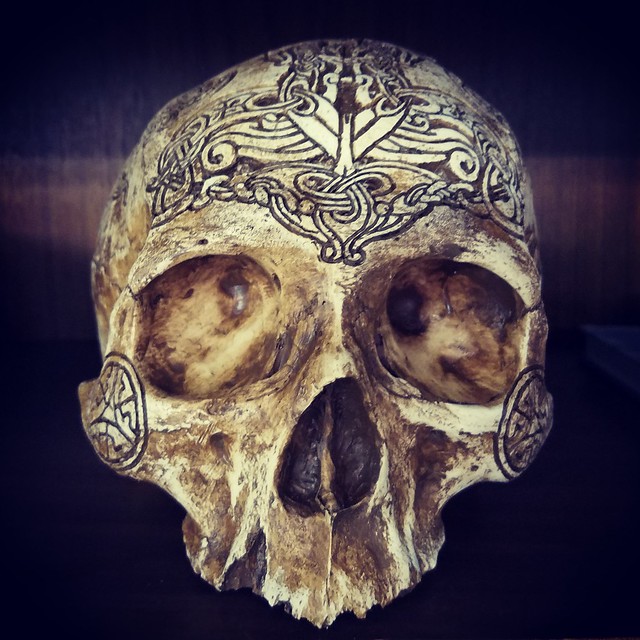People are strange. It’s hardly a sentence worth writing but it’s a sentence more people need to read because they are people. Therefore, they are strange.
I am strange, too. I accept that. I try not to inflict it on anyone I don’t like, with the exception of writing. With writing, people who don’t like your strange can just not read it. Or they can get on social networks and fight about it, making billionaires richer.
I was in the garage when I encountered a friend and his Mom. The last time they’d seen me was on Christmas Day, where they’d invited me over and I enjoyed their food, view, and most importantly their company.
I’d shaven since. I sort of look like that guy over at the top of this post.
His mother looks me over, my friend and I exchange the normal things friends do. We paused. His mother jumps in.
“What happened to your beard?”, she asks.
“I fell on a razor. It took the beard, and all sorts of other hair.”, I respond.
This was an attempt to be funny. My friend got it. His mother did not.
“You should take care of yourself!”, she exclaimed, then after a pause said, “…. and find yourself a girl!”
Oh boy.
“If I did that I might get one, and that would cause me all sorts of new problems.”
Fortunately, the conversation ended there with my friend pulling his mother into his car.
There are people who think being single is terrible. They want the best for me because I seem to be considered a pretty nice guy.
I’m going to let you in on a secret, since my past is not well documented on the Internet. I’m content being alone. I get to wake up whenever I want in the early hours and tap away at a keyboard. I get to read books undisturbed. I’m capable of doing my own laundry, cooking my own meals, cleaning my place, etc. I get to do things when I want, and while that is a tyranny unto itself, it’s my tyranny.
I prefer my self-inflicted tyranny over all the nonsense that comes with relationships. For a woman to gain romantic interest from me, she would have to provide value well beyond what I can already do and have done for decades. I’ve lived a lot in my life, more so than many my age, enough so that people frequently ask me if there’s something I haven’t done.
And yet, people constantly remind me to take care of myself. Since there are no parts hanging off of me that aren’t supposed to be hanging off of me, this may be about age. The woman who cuts my hair and her boss are always trying to get me to dye my hair.
Dying hair is hardly taking care of myself. It’s just covering up the silver hairs as if they were blemishes instead of trophies.
When I indulge people who tell me to take care of myself, they talk about things like alkaline water (your body handles your pH, not the water you drink), health supplements that they’re selling or their friend is selling, etc.
They also seem intent on thinking that I would want to live longer. In fact, entire industries are built up on living just a bit longer. I’m not sure what there is to sell in that regard. We are supposed to die. If you live longer, you have to take care of yourself longer and those industries just sell you stuff longer so that they can impress their shareholders with their profits. I’m of value to them alive.
This is not to say I’m suicidal. I’m not. It’s just that no one has made a plausible argument as to why people need to live longer. Time magazine actually has a story questioning why people want to live longer, referring to the essay, “Why I hope to die at 75“.
75 is roughly half of my life away from me. 75, for me, would be 2044 for me. Yikes. And for that time I’ll need shelter, food, clothing, etc. Prices aren’t going down.
And you want me to have someone in my life to stress me out? Yikes. To what end?
I don’t get it. We live, we love, we die. I’m not so egotistical to think the world will not go on without me – it will. This is a pretty old planet by human standards, and there are plenty of people to carry on. When I was young I was to live forever, and despite my best efforts not to, I seem to have surpassed that forever.
There is dignity in a life well lived, and death is simply the necessary way to make space for newcomers.
Living longer, to me, just creates all sorts of new problems. The world hasn’t been that improved in my lifetime, in fact, in my perspective, it’s pretty much gone downhill.
Romance. Live longer. Blah blah blah.
Now, tell me that there will be value in those years for me, and hey, maybe I’ll worry about it.
Live your lives as you please. You might die tomorrow of the regular stupidity of humans. Palestinians and Ukrainians have been demonstrating mortality by the thousands and no one is trying to sell them health supplements.
I don’t want someone standing over me doing an eulogy and saying, “Up until he died, he was healthy and nagged.”
No. Thank. You.
I want that person to say, “He was useful, helpful, and strange. Now he isn’t. Let’s move on.”
Death, you see, is normal.




 Earlier this week, a friend of mine and I were talking on the phone and somehow we got to what happens after our parents die – when we come into our own, able to identify biases our parents instilled in us without the constant reminder. When my father died, there was much to unravel and I had to do it quickly because of the way my father handled some things that I inherited – and when it came to my mother, because of the way I grew up, there seemed less to unravel because of the way I grew up, and yet to this day, I’m still working on that.
Earlier this week, a friend of mine and I were talking on the phone and somehow we got to what happens after our parents die – when we come into our own, able to identify biases our parents instilled in us without the constant reminder. When my father died, there was much to unravel and I had to do it quickly because of the way my father handled some things that I inherited – and when it came to my mother, because of the way I grew up, there seemed less to unravel because of the way I grew up, and yet to this day, I’m still working on that. So, the cardiologist and I are having a conversation. He’s brisk, all business in a busy clinic. I get it. There’s a mood.
So, the cardiologist and I are having a conversation. He’s brisk, all business in a busy clinic. I get it. There’s a mood.
